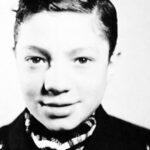
Born on May 18, 1925, in Duisburg, Germany, Max was the son of Polish-Jewish parents, Maria (née Feigenblatt) and Leo Rack. As a young Jewish boy living in Nazi Germany, Max faced extreme persecution. In December 1938, he was sent to the Netherlands on a children’s transport, a lifeline that provided safety but also meant separation from his parents, who were unable to follow him due to the escalating danger they faced in Germany.
Max’s journey through a series of refugee homes began with his arrival at **Rivierenhuis de Steeg in Rheden, where he stayed until January 1939 before moving to the Ons-Boschhuis in Driebergen-Rijssenburg. Over the next few years, he was moved around Amsterdam and other locations as the threat of Nazi occupation loomed over Europe. By *1940*, Max had entered *Werkdorp*, a training center where he was taught as a bank worker, likely as part of a program designed to equip Jewish children for work. But the upheaval of the war reached him even there.
In July 1942, Max was placed on the list for the first transport to Auschwitz, a fate he could not escape. He was only 17 when he arrived at the camp and, due to his health and appearance, was registered. Tragically, he perished in Auschwitz on August 5, 1942, just a month after his arrival.
Max’s parents also met a tragic end. Deported to the Łódź ghetto in September 1941, they were then sent to Chelmno in May 1942, where they were murdered upon arrival. Their stories, like Max’s, reflect the devastating impact of the Holocaust on Jewish families across Europe.
Remembering Max and his family ensures that their memory lives on, serving as a reminder of the resilience and suffering of millions during World War II. Their legacy is a powerful call for never forgetting the horrors of the Holocaust.
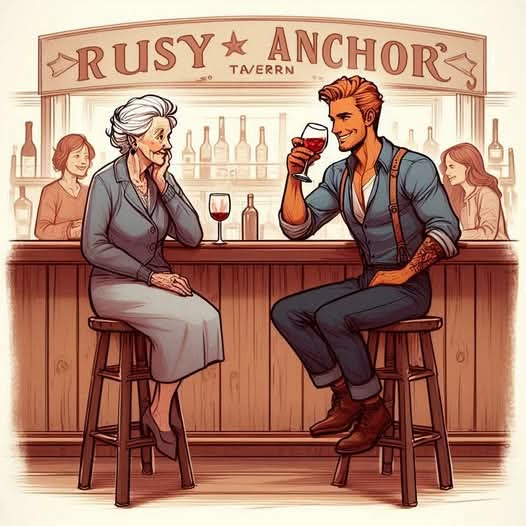
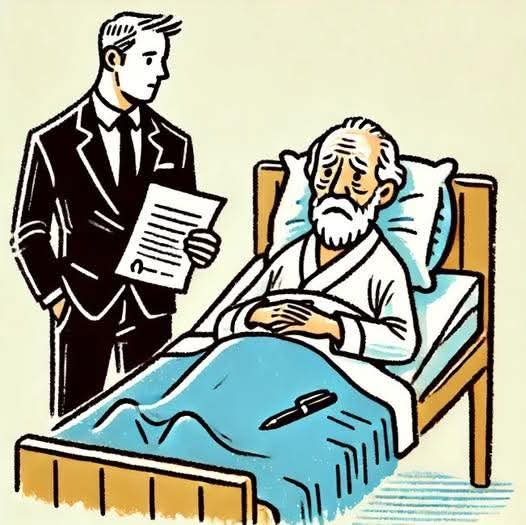

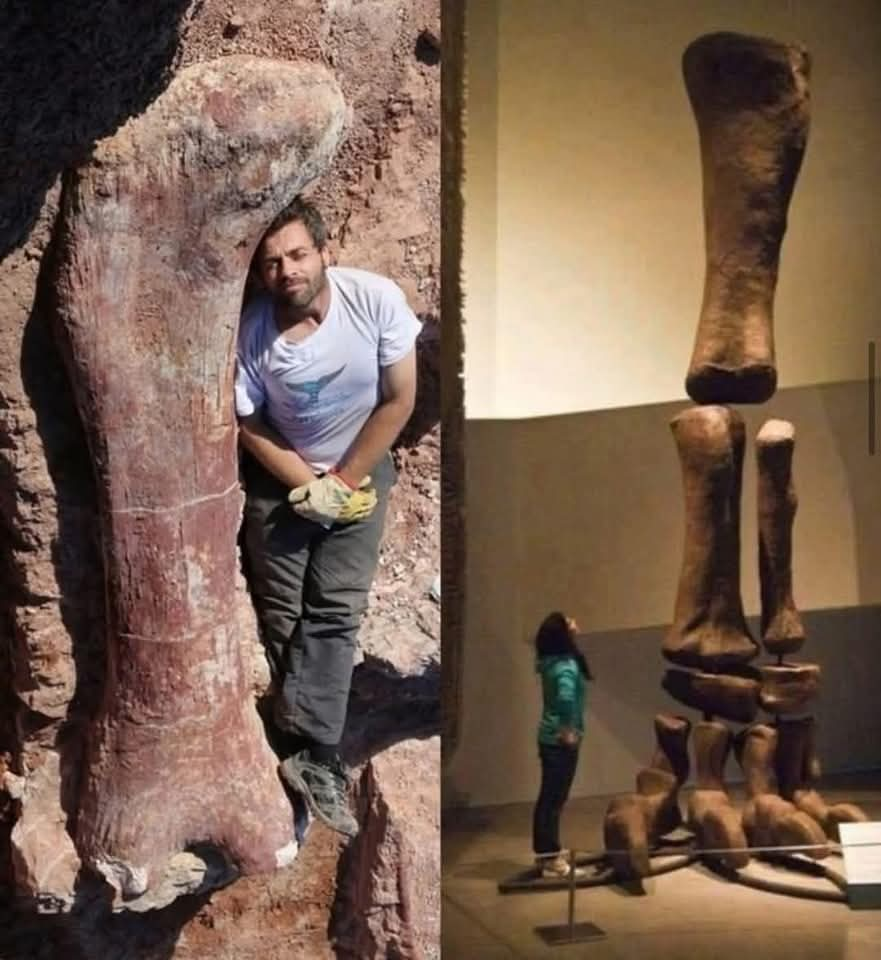
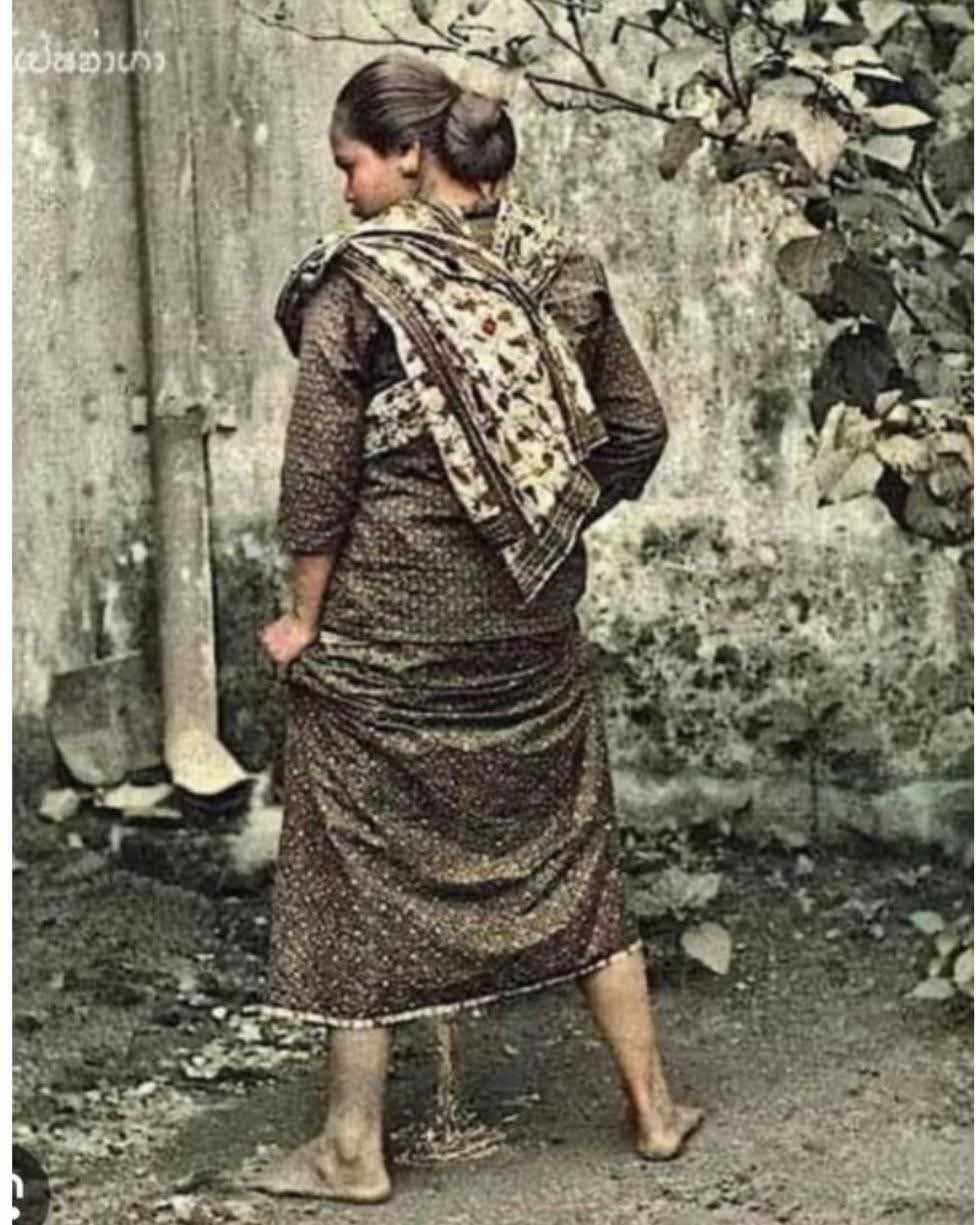

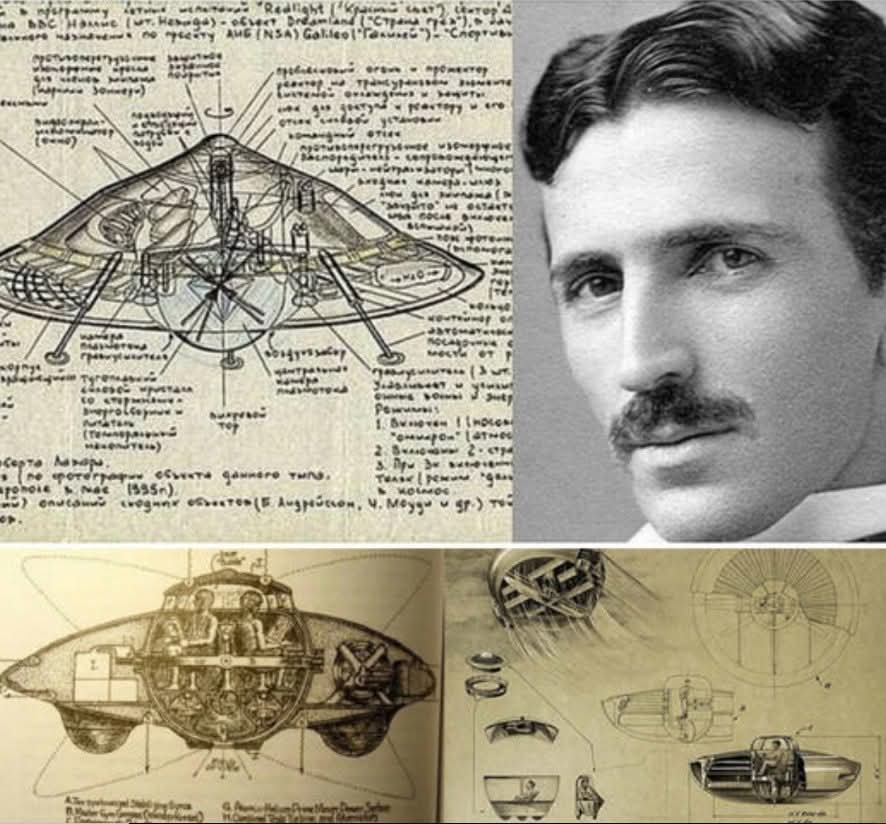
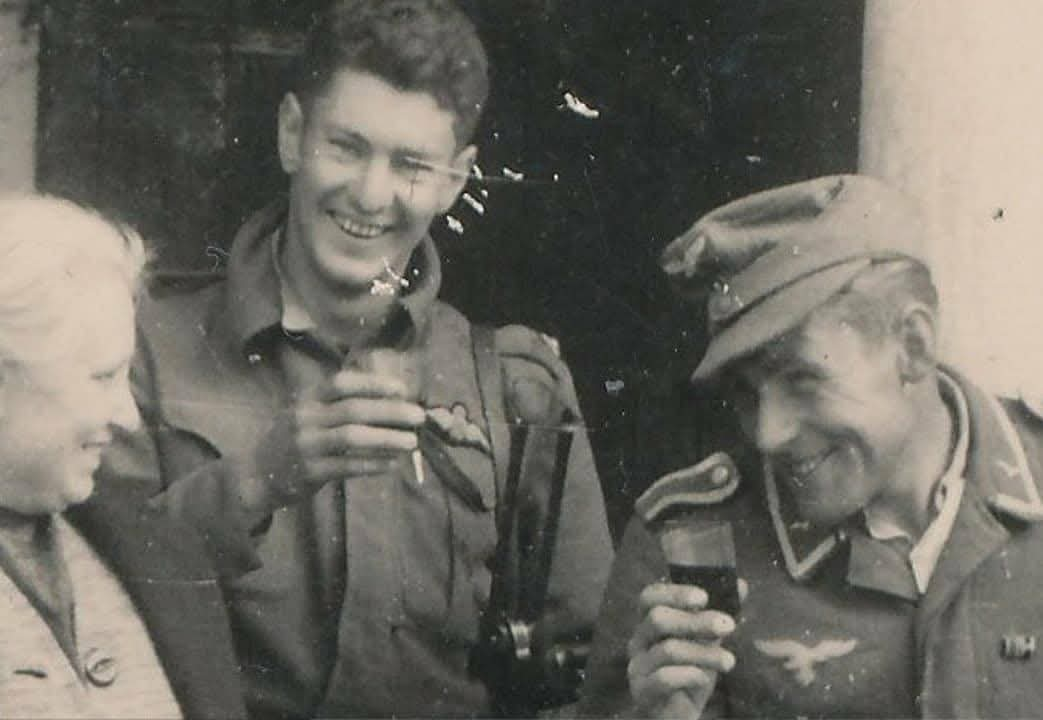
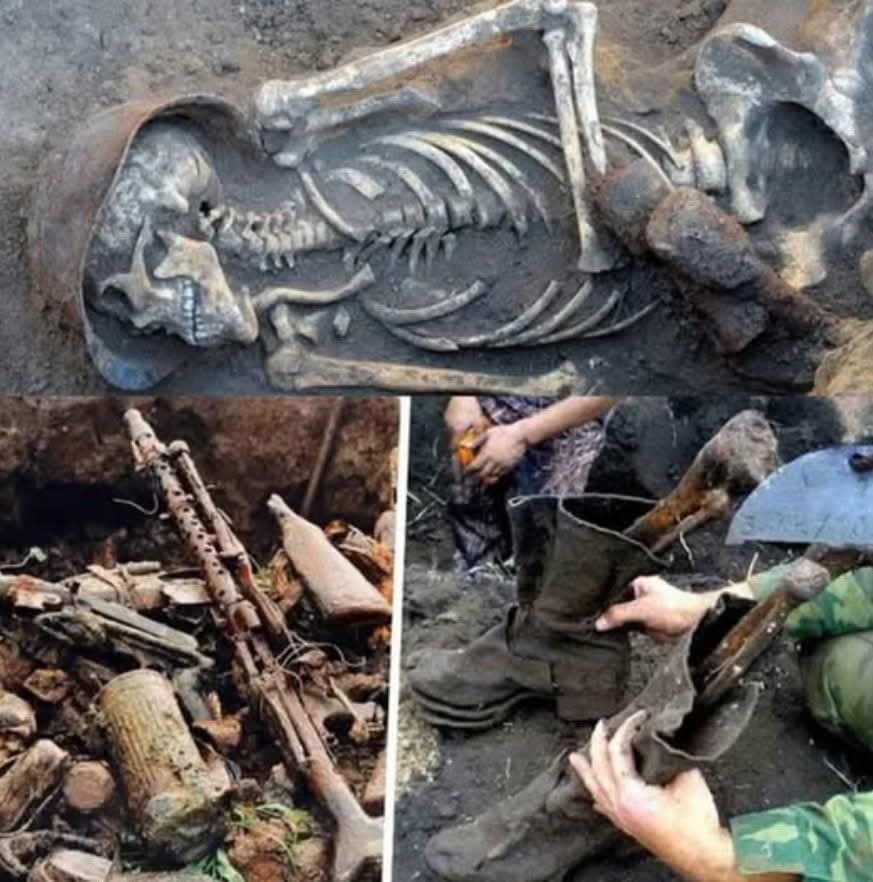

Leave a Reply